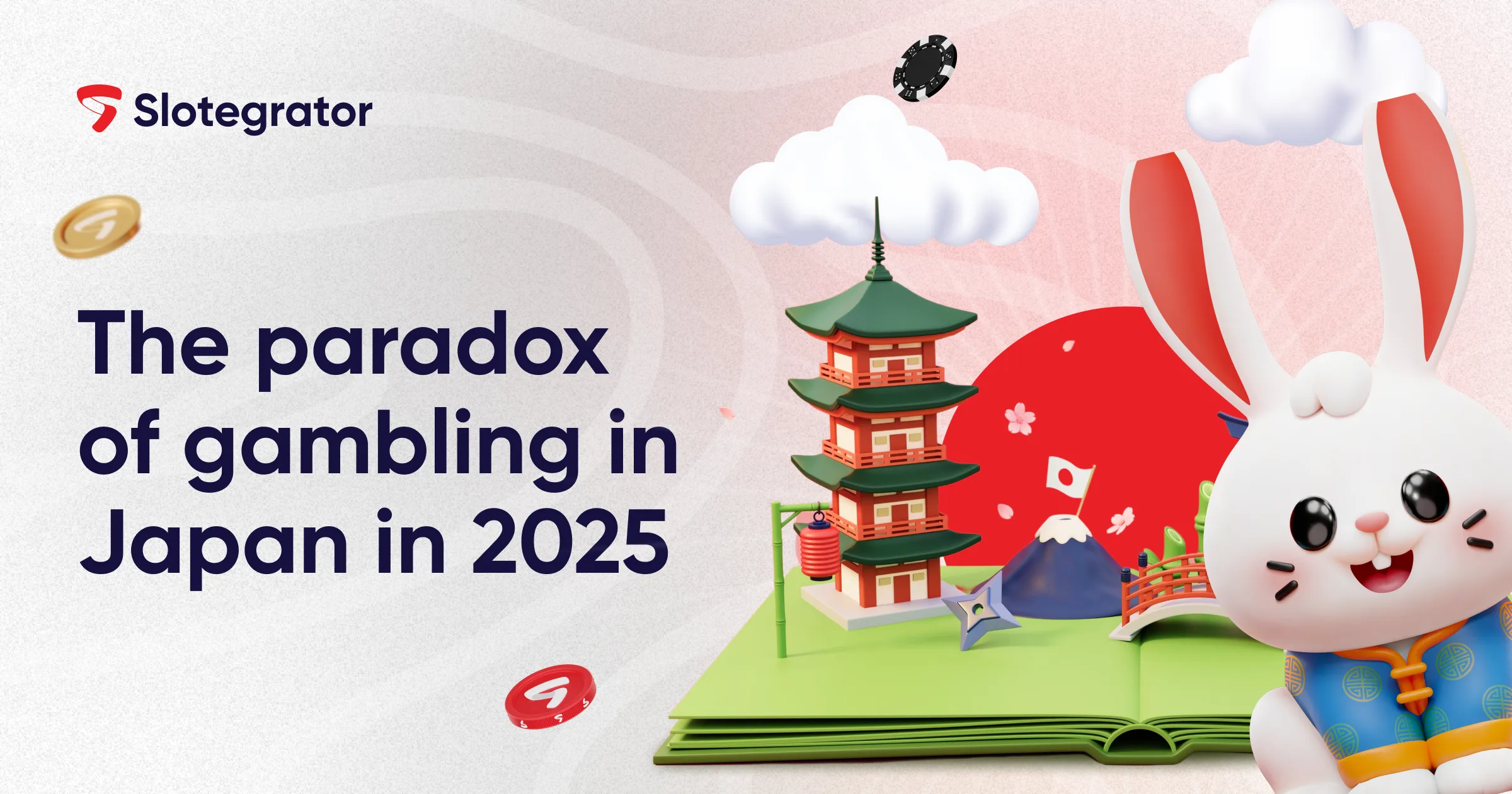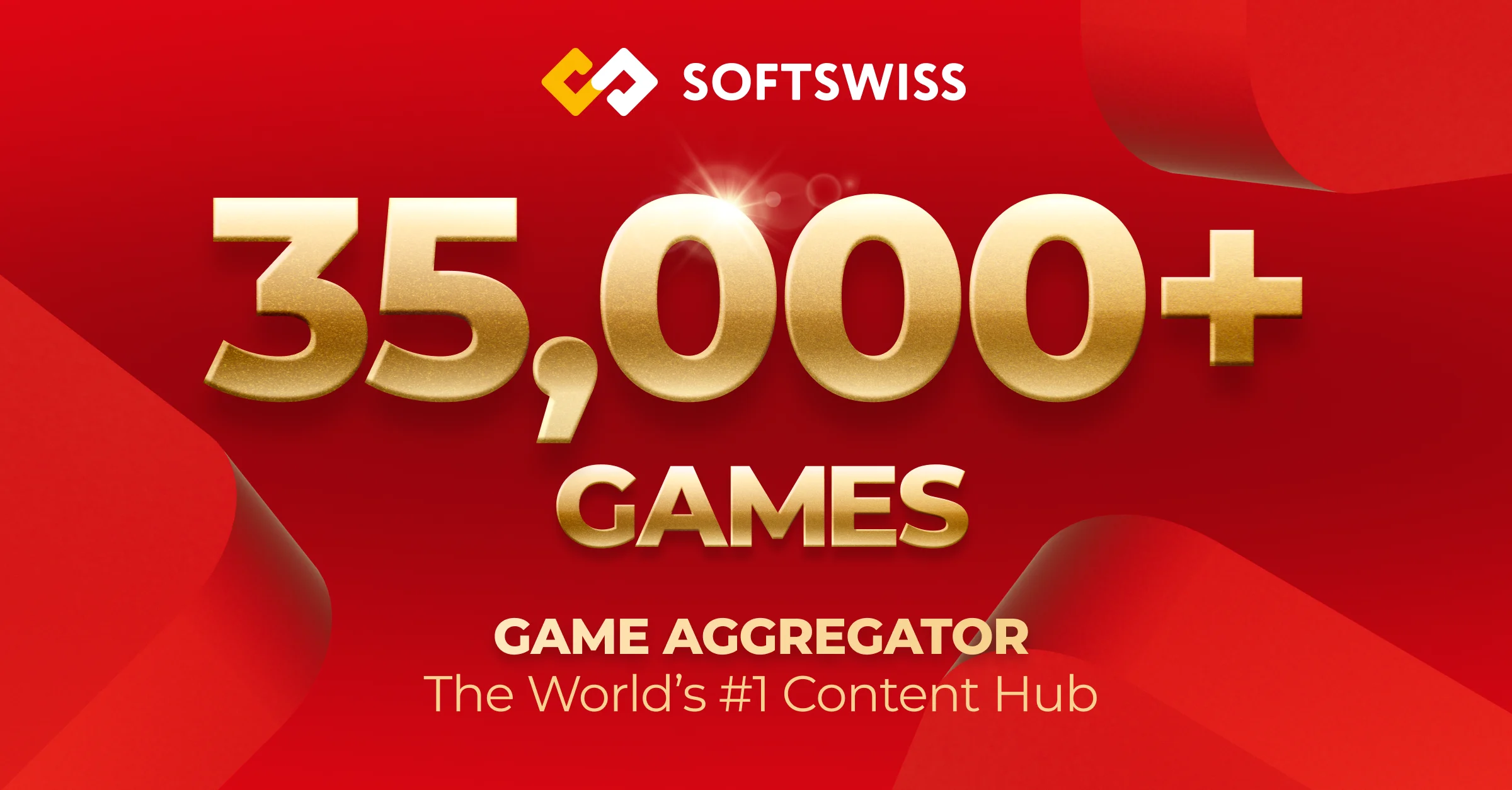According to the recent gambling news, the online gambling market in the US is growing with more and more states legislating online casinos and betting websites. Wagering on eSports has also become popular among many American players.
Adrianna Samuels (Cuccinello), Chief Business Development Officer at PlayUp, has answered the most frequently asked questions about the iGaming market of the US and shared her opinion on the topic.
Could you give a short overview of the iGaming market in 2021?
iGaming is currently live in 6 states (Nevada is online poker only), the other 5 states are:
- Delaware
- Michigan
- Pennsylvania
- New Jersey
- West Virginia
The industry insiders anticipate a flurry of states to add iGaming regulations in the coming years. For us (gambling operators) iGaming represents a massive growth potential in both revenue and a total addressable market (potential users we can market to and acquire). We have had a strategic plan where we differentiate ourselves in the marketplace and we are excited for the potential that lies ahead for us in this sector of the industry.
Which sector of the iGaming industry is the most promising in the US market?
The sports betting industry is set to become a 40–60-billion-dollar industry in the next few years. However, we see iGaming already outperforming sports betting growth in the US and exceeding expectations. The iGaming sector is intriguing because we are able to offer our customers 24/7 coverage and gaming options for users when sports aren’t being played. Game offerings from content providers create a near endless option of fun online casino games with higher margins for the business when compared to traditional sports betting. We can also utilize our iGaming offering to attract more females as they statistical are more into casino games than betting
The global pandemic has put a focus on the digital sector of the gambling industry and eSports betting in particular. In your opinion, how will this trend evolve?
It only makes sense that this trend will continue to evolve. Like many analysts, we do see growth coming to eSports in terms of betting but it is important to note that eSports doesn’t need betting to thrive and grow. Betting can be an interesting subset for eSports but the industry still has enormous room for growth without it. For us adding eSports to our diverse portfolio means we can seamlessly integrate our users from one project to another and we are bullish on having eSports among our wide array of product offerings.
To continue the previous question, it is known that New Jersey has recently legislated betting on eSports. Do you believe that the other states should follow the example? How should this process be organized?
We are always going to be in favor of more regulation and legislation of betting options, but states should do it smartly and in a thorough way. We’ve seen plenty of states try to jump on the regulatory bandwagon for one sector of the industry or another and some states have done it very well and a few have not done it so well. Things like aggressive tax rates, huge licensing fees, and a limited number of licenses will kill competition and consumers have proven in this marketplace that they want as many options as possible.
Could you explain the process of entering the US iGaming market for foreign operators?
Right now, we see a clear “race to the bottom” when it comes to user acquisition in sports betting. The current market economics are not sustainable long term for any operator, big or small, domestic or foreign. The high level of regulation is good for the industry and consumers alike. It has been a bit of an adjustment for us in terms of how long that regulatory process can take, but at the end of the day, it’s a good thing. The percentage of bonus and free bets that we see in nearly all states will have to normalize at some point and time, it is just unknown how long that process will take. The flip side to that is iGaming offers a product with different margins where you also don’t need to be as aggressive with bonus bets and promos.
What are the main risks for the operators entering the iGaming market?
The potential market size for iGaming represents a huge potential as well with many analysts projecting the market to yield annual gross revenue of between $10.8bn and $14.3bn by 2025. This is more than double what is projected to be generated by the sports betting industry. The risk for operators becomes visible when they try to chase the latest trend instead of staying true to their core and providing the service to their customers that they want. There is also a big risk for operators who are small to medium size but try to compete with the big ones in terms of marketing spend.
It is well known that the fraud issue is becoming urgent for the operators as well as players. How can the operators ensure fraud protection?
Investing in smarter technology to work smarter and not harder. It is important to have data readily available that will not only provide operations and alerts but can also help gatheuge risk levels.
Do you believe that gambling market of the US will completely shift to the online sphere in the upcoming years, or will it stay the same?
The world was already going to a mobile-first mindset prior to the pandemic and the pandemic only sped that process up. There will always be a place for land-based and brick-and-mortar gambling experiences. We saw this with poker nearly 20 years ago with poker rooms at casinos seeing a complete overhaul in terms of the demographic of the players. Rooms were quickly filled with twenty- and thirty-year-olds instead of bald retired guys. Smart brands will align themselves with partners who can help bring in a new subset of customers through diverse product offerings like eSports, iGaming, and even sports bettors. The consumers who have grown up with digital devices and screens as part of their lives will always be online first, but they also represent the future patrons who will be visiting casinos more in the next 10 years.
Read more: Best iGaming Aggregators












